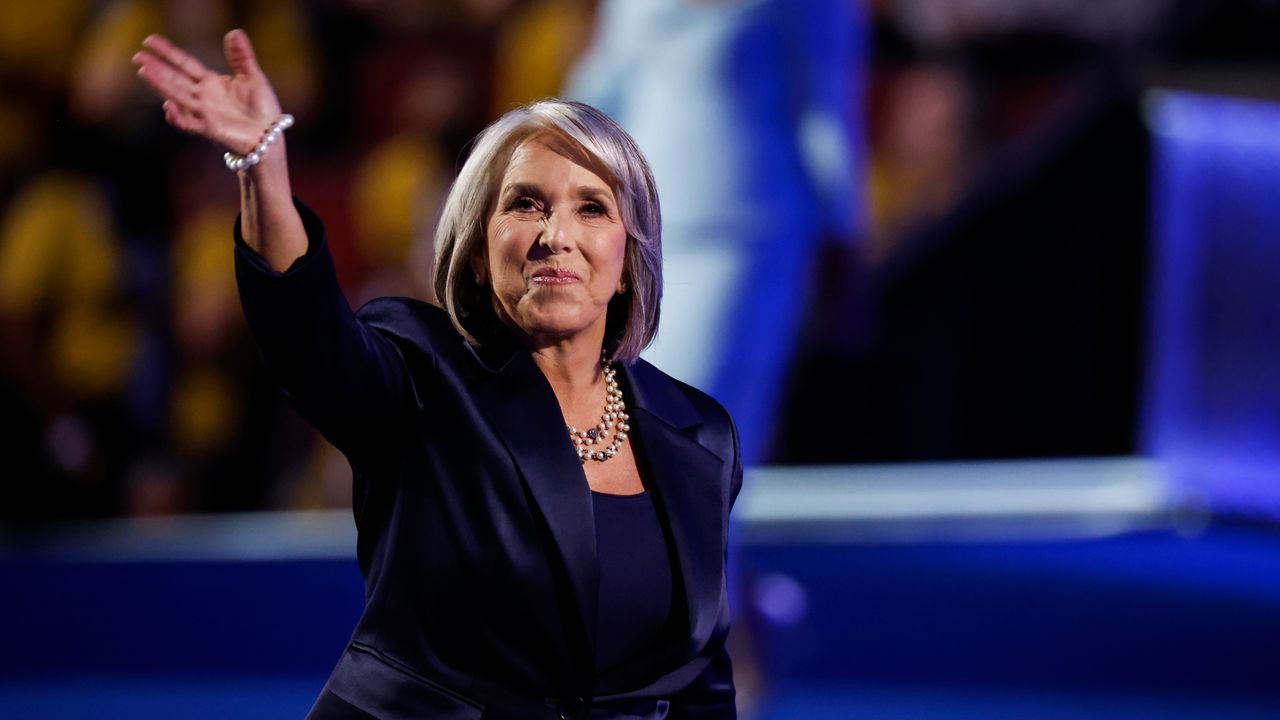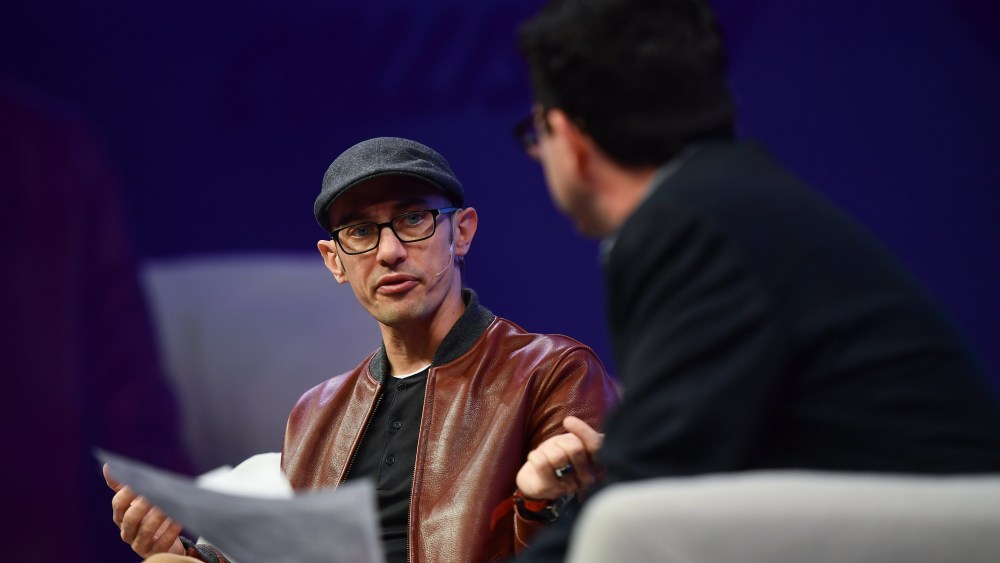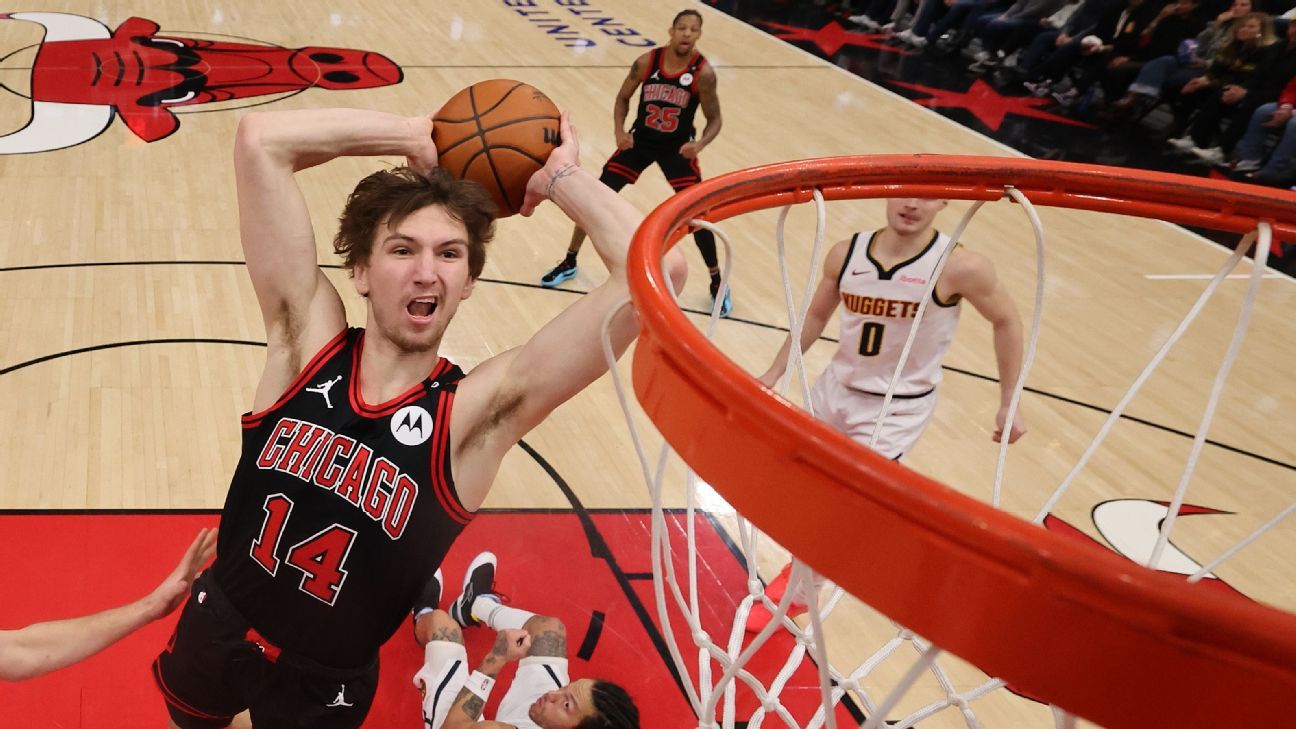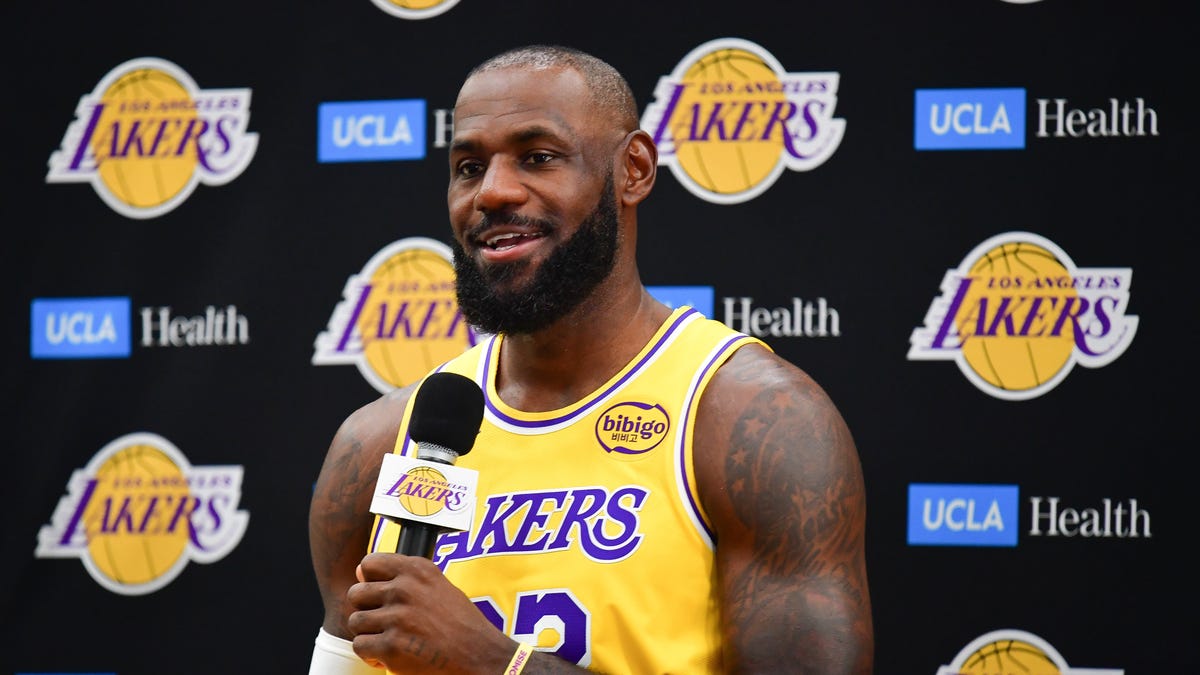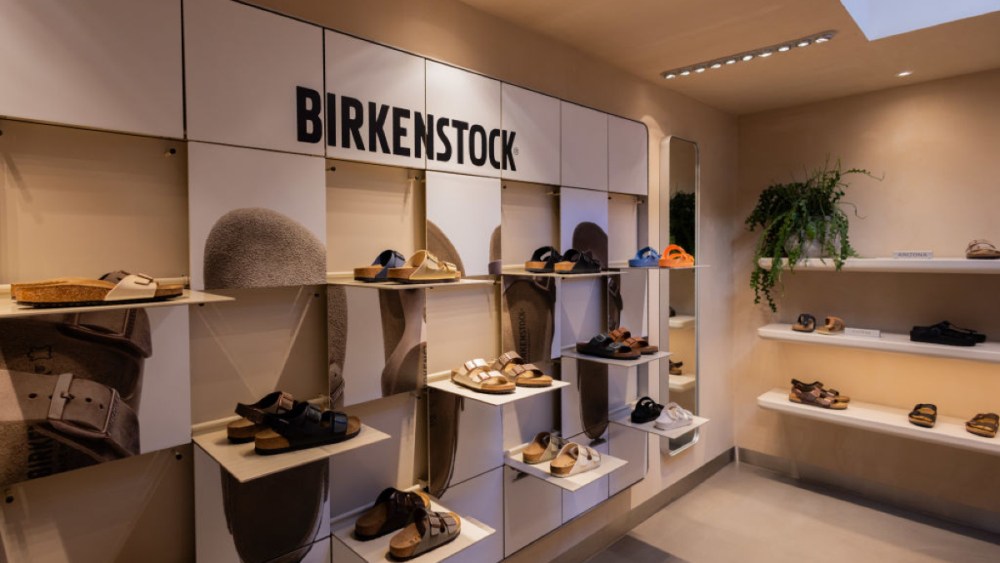
While other brands may be scrambling to figure out how to deal with tariffs, Birkenstock Holding plc has little to worry about on that front.
“Birkenstock is less exposed to tariffs with 100 percent of our production and 96 percent of our materials sourced from Europe, and no contract manufacturing from Asia,” the company’s CFO Ivica Krolo told investors Thursday at a company conference call on second-quarter earnings. Looking ahead to the balance of fiscal 2025, he said the company is “well positioned” to meet or exceed its growth and profitability objectives.
He told investors the company will “offset the tariff impact.” It has a goal of maintaining its global price structure, and the tariffs in the U.S. won’t change that. Moreover, consistent consumer demand gives the brand pricing flexibility.
“We already have taken appropriate actions to mitigate the impact on tariffs, both near term and long term, with multiple levers to pull and are in a strong position with experience in managing inflationary pressures, including tariffs,” he said.
Krolo said consistency in demand, together with its engineered distribution and scarcity model, allows for pricing flexibility. “For a full offset of tariff impact, we would need only a low-single-digit price increase globally, which is consistent with our historical level of pricing actions,” he said.
The CFO was quick to note that pricing isn’t the company’s only lever. Because the German brand is vertically integrated, other levers include “efficiencies in production, vendor negotiations, the optimization of product mix and the allocation of products between the different regions,” he said.
“The current context is a stress test for the resilience of business models. As our results for the second quarter show, we have passed this test very well. Our company is in a good shape and we are confident about our future,” Oliver Reichert, Birkenstock’s CEO, said on the call.
The company on Thursday posted a second-quarter decline in net profits by 16.1 percent to 105.1 million euros, on a net revenue gain of 19.3 percent to 574.3 million euros. With sales in the quarter helped by double-digit unit growth and midsingle-digit growth in ASP (average selling price), the company raised guidance for adjusted EBITDA (earnings before interest, taxes, depreciation and amortization) margin to between 31.3 percent and 31.8 percent. That compares with the prior adjusted EBITDA margin guidance range of 30.8 percent to 31.3 percent.
Reichert, Birkenstock’s CEO, also noted that the manufacturing capacity the company added over the past two years has allowed it to increase production to meet the increasing demand for the brand’s products.
The three top markets in the quarter by revenue were Australia, China and Japan. The CEO added that the company is “just beginning to enter Greater China in a meaningful way and see the opportunity for continued strong growth in this market.”
Thus far, the brand’s membership base has reached over 10 million people, representing a 25 percent gain year-over-year. And with 77 company-owned stores, it’s on track to reach its goal of 100 by the end of 2025.
Wall Street liked what they heard from management on the call.
Jefferies analyst Randal J. Konik described Birkenstock as a “best-in-class” brand that continues to execute on its long-term growth strategy.
“Birkenstock has undergone a significant transformation since the appointment of CEO Oliver Reichert, and given its historical brand and loyal customer base, the company looks well-positioned to drive strong top-line growth and attractive margins,” he concluded. He also said that the brand’s strong inventory position in the U.S., largely shipped before tariff hikes, minimizes the immediate tariff impact for fiscal 2025.
“We remain enthusiastic about the prospects for Birkenstock given the strength of the brand and sales momentum,” said William Blair analyst Sharon Zackfia. She reiterate the “Outperform” rating on shares of Birkenstock and said there’s opportunity for the brand to generate “at least 10 billion euros in sales with consistent 30 percent-plus adjusted EBITDA margins.”
BMO Capital Markets analyst Simeon Siegel also reiterated his “Outperform” rating on shares of Birkenstock, citing industry-leading growth, relative tariff insulation and still-meaningful white space ahead (such as growth in close-toe silhouettes).
“We continue to see Birkenstock bringing new iterations of classic styles to market, which helps drive additional purchases and higher ASPs (average selling prices). Additionally, we are impressed by Birkenstock’s ability to raise its annual guidance in a period of macro and geopolitical uncertainty, while still maintaining well-controlled distribution,” noted Telsey Advisory Group’s chief investment officer Dana Telsey. “As consumers remain more intentional with their purchases, we see Birkenstock as a brand that can continue to win in the marketplace through its competitive advantage of a high-end lifestyle positioning offering comfort that is not easily replicated.”
#Birkenstocks #Worried #TariffsHeres

